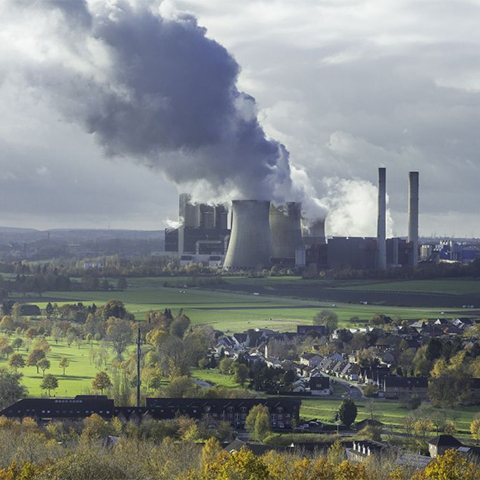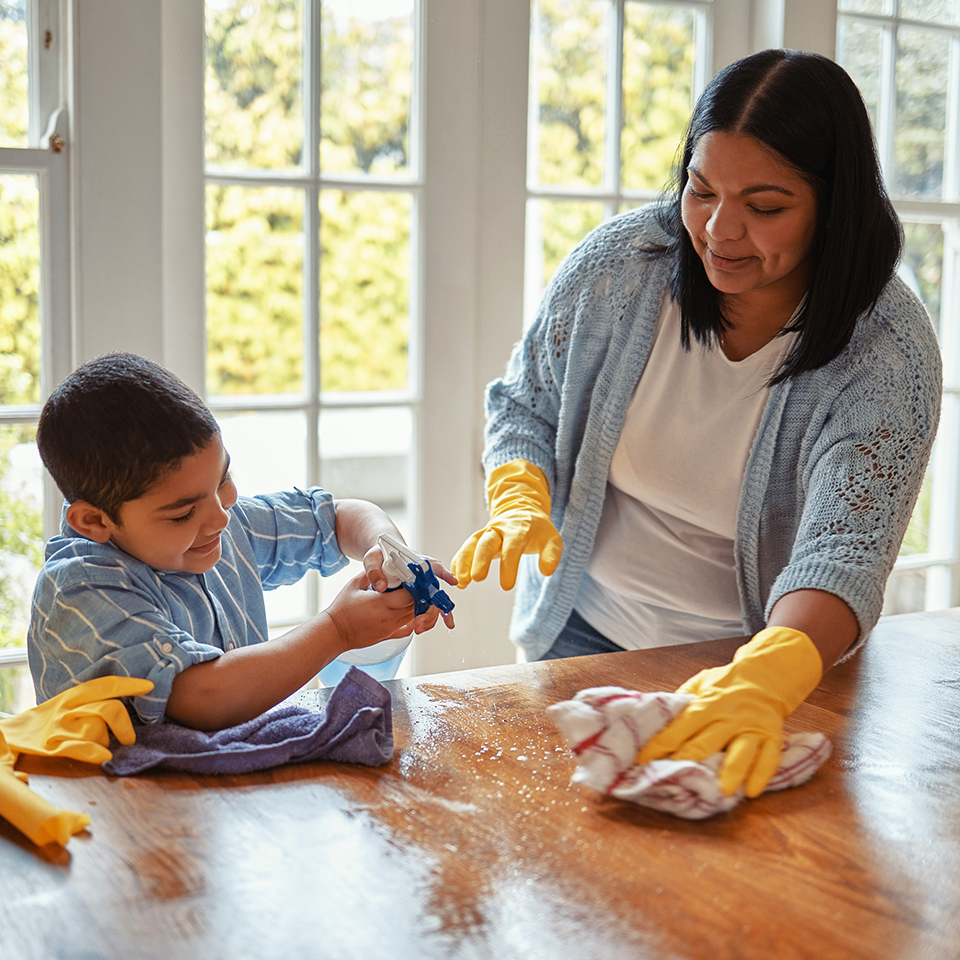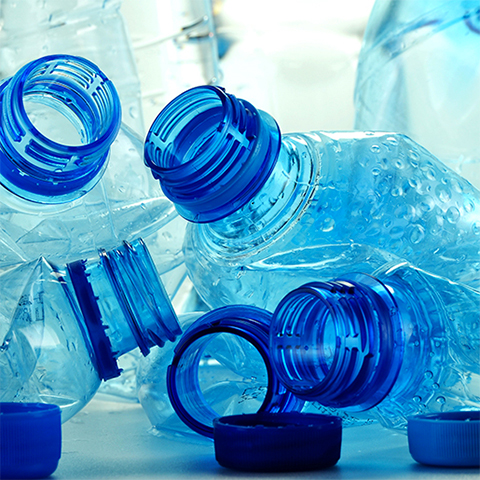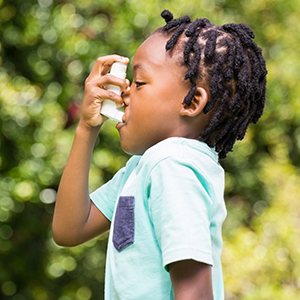-

Give Today and Triple Your Impact
When you donate today as part of our Giving Tuesday Campaign, your gift will be matched $2 for $1 by a friend of Moms—meaning you’ll have triple the impact.
Your gift will help protect children from air pollution and climate change. Thank you!
-

Dominique Browning Named to TIME100 Climate List
Moms are so proud that our tireless Co-founder and Director was just named to the 2025 TIME100 Climate List for her work protecting children.
Time says “These 100 people represent the power of individuals to make significant progress in influencing the climate economy.”
-

Moms Tell Trump to Stop the Coal Industry Bailouts
The Trump administration is aggressively trying to roll back environmental protections and bail out the toxic, expensive coal industry.
It’s a direct threat to our children’s health.
-

The Trump Administration’s Real But Unbelievable Environmental Attacks
President Trump and EPA Administrator Lee Zeldin are creating chaos trying to roll back protections from air, climate, and toxic chemical pollution. Read all the ways they have attempted to weaken EPA, the federal response to climate-fueled extreme weather, and our preparedness for climate disaster.
-

Protections Against Toxic Chemicals Are at Risk
Chemical industry lobbyists are pushing to weaken the laws that protect us from newly developed chemicals.
To protect the public from harmful chemicals, Congress passed the Toxic Substances Control Act (TSCA) in 1976 and the bipartisan Lautenberg Act in 2016. The chemical industry lobby is now pressing Congress to amend TSCA again, with a goal of limiting and expediting any upfront reviews of new chemicals.
-

EPA’s Ability to Protect People From Global Warming Is Under Attack
The Trump administration is sabotaging EPA’s ability to protect us from climate change by undermining the Endangerment Finding, the foundation of the agency’s ability to regulate greenhouse gas emissions.
The danger is personal. Our physical and mental health is at risk.
-

Do you really want to go back to the dirtiest air in America?
In the 1960s, the U.S. had a deadly pollution problem. Bipartisan solutions, including the creation of the Environmental Protection Agency, helped clean up our air. But now, our air is at risk as pollution rules and protections are threatened.
Here’s what it looked like before the Clean Air Act.
-

PLASTICS ARE CAUSING A MASSIVE HEALTH CRISIS
Plastics are everywhere, and the industry that makes them is booming. Plastics are the biggest category of items made from petrochemicals, which are chemicals separated out from fossil fuels.
Read about the health dangers of the toxic chemicals found in plastic, including how they get into our lungs.
-

Parents Magazine Honors Isabel González Whitaker
Parents Magazine honors Isabel González Whitaker with a prestigious Next Gen Award for her work as an advocate and leader.
Isabel is Moms’ Associate Vice President of Public Engagement and the Director of EcoMadres, our Latino advocacy program.
-

What to Know About the Petrochemical Industry: Q & A
Plastics are everywhere, and the industry that makes them is booming. The ubiquity of plastics and other petrochemicals comes at a steep cost to our health, especially for those living near production and processing facilities.
-

VIDEO: JULIANNE MOORE FOR MOMS CLEAN AIR FORCE
“I remember when I was pregnant, my doctor told me not to eat tuna fish. It is contaminated with mercury. Mercury in food goes right to a baby’s brain. It damages the developing brains of fetuses…. When I was pregnant, I stopped eating tuna. But I never stopped to think about where all that poisonous mercury comes from. Mercury comes from air pollution.”
Get Involved in your State
We’re working on issues where you live.
Across the country we support local projects that help reduce air pollution, fight climate change, and improve the health of our children and families. Find your state chapter and learn how you can make a difference locally.







